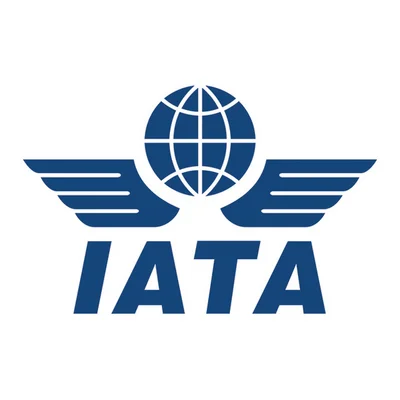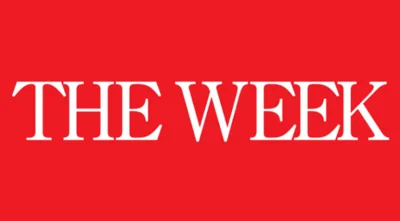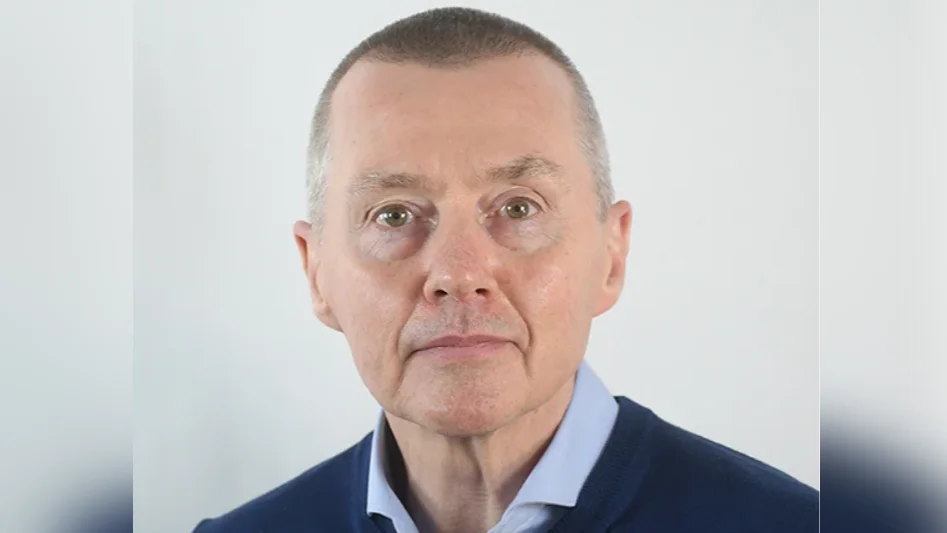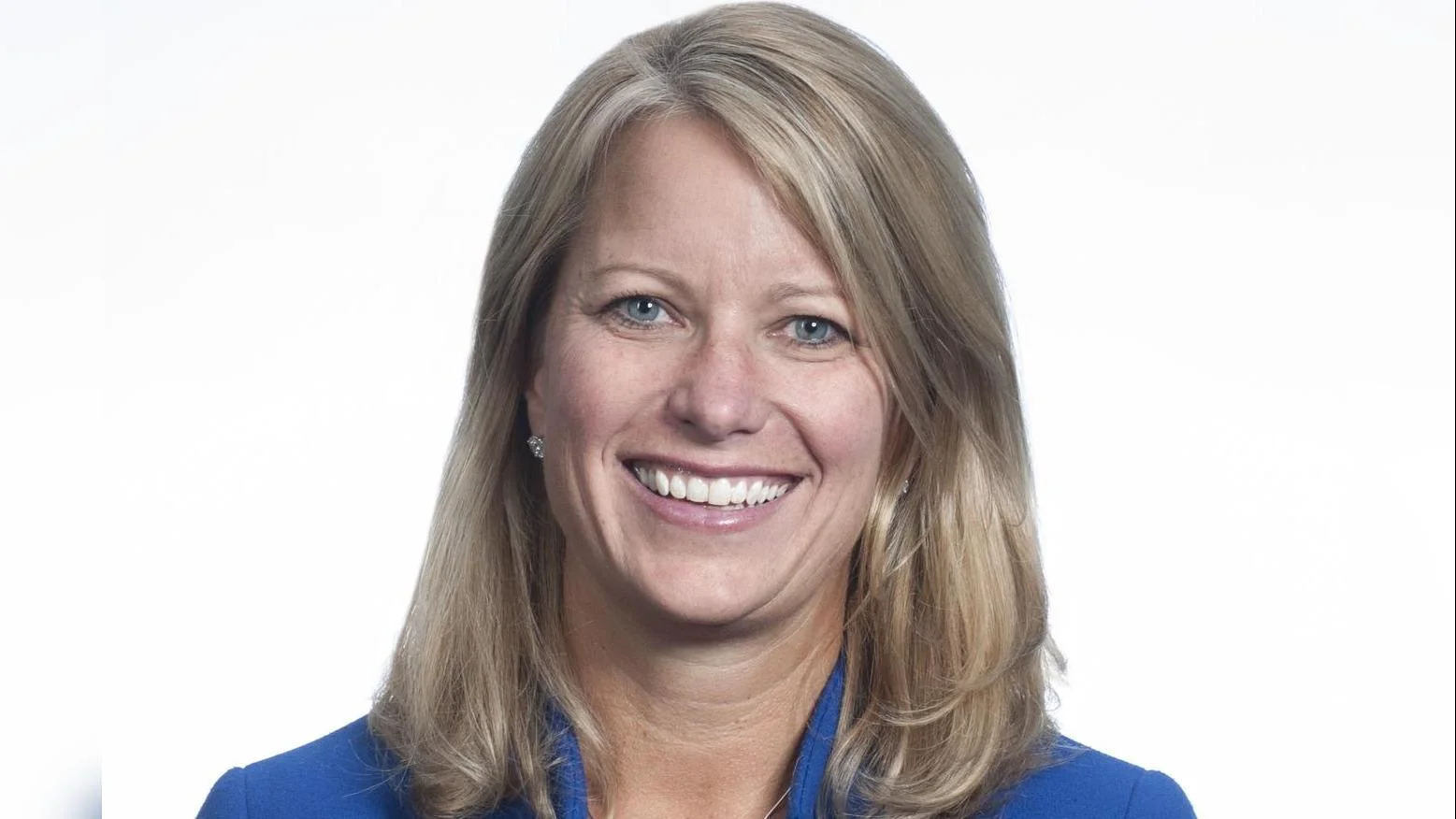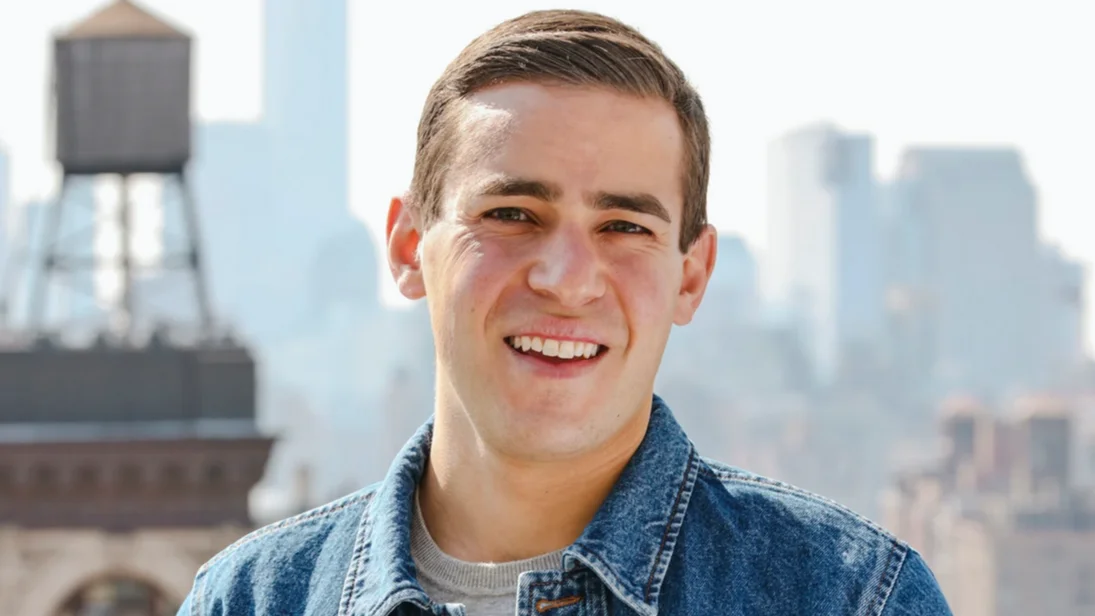Shin also serves as president of South Korea’s Hyundai Motor Group, which owns Supernal. He said that the automotive manufacturer’s executive chairman Euisun Chung has a strong personal commitment to advanced air mobility, providing backing that allows the company to take a somewhat more patient and methodical approach to readying a vehicle for commercial service.
“His vision is that we should be working for progress to help humanity. It might sound idealistic, but he really means it because he feels we are indebted to our customers,” Shin said. Essentially, Hyundai believes that while it is putting new cars on the highway every day, it carries a responsibility and an opportunity to address what Shin called “pain points” in terms of traffic congestion and environmental impact.
When the S-A2 enters service, it will fly to a range of around 52 nm and a cruise speed of 104 knots. Supernal has indicated it will operate the aircraft itself in some early use cases but also expects to make fleets available to third-party operators.
“We’re talking with potential customers, including some airlines,” Shin explained. “We think there could be a lot of demand for sightseeing and public services like medical evacuation, and alternatives to today’s helicopter ferry services could be another market.”
As it accelerates engineering work toward initial FAA type certification, Supernal is conducting a comprehensive analysis of all potential markets for eVTOL aircraft. “In the first five years, this will be a small market," said Shin. "First, we need to get the public to accept this. We’re not replacing anything; we’re augmenting transportation options so safety is of utmost importance. If we cannot demonstrate that the vehicle is as safe as commercial aviation, the market will not open up.”
Supernal wants to be ready for rapid acceleration in building the S-A2, and Hyundai’s backing could prove very helpful.
“When the market starts scaling up, it’s not going to be just 30 aircraft per month,” Shin predicted. “It’s going to be an order of magnitude higher [in terms of production rates]. The name of the game will be who can produce that many vehicles with consistent quality; our mantra is getting the right product at the right time rather than getting to market first.”
Hyundai’s worldwide presence will help fulfill Supernal’s desire for seamless integration between ground and air transportation. While acknowledging that U.S. remains an important market; however they aim deliver and operate aircraft globally.
Although not an FAA requirement ,Supernal has committed achieving 10-9 safety standard required by Europe EASA regulator .Shin stated company carefully considering where prioritize service entry based partly capability support operators maintenance .
On Tuesday ,Supernal announced partnership Sigma Air Mobility explore opportunities develop advanced air mobility both South Southeast Asia Southern Europe .Sigma Air Mobility part business aviation services group Luxaviation focus plans infrastructure investments these potentially key markets .
 Alerts Sign-up
Alerts Sign-up



